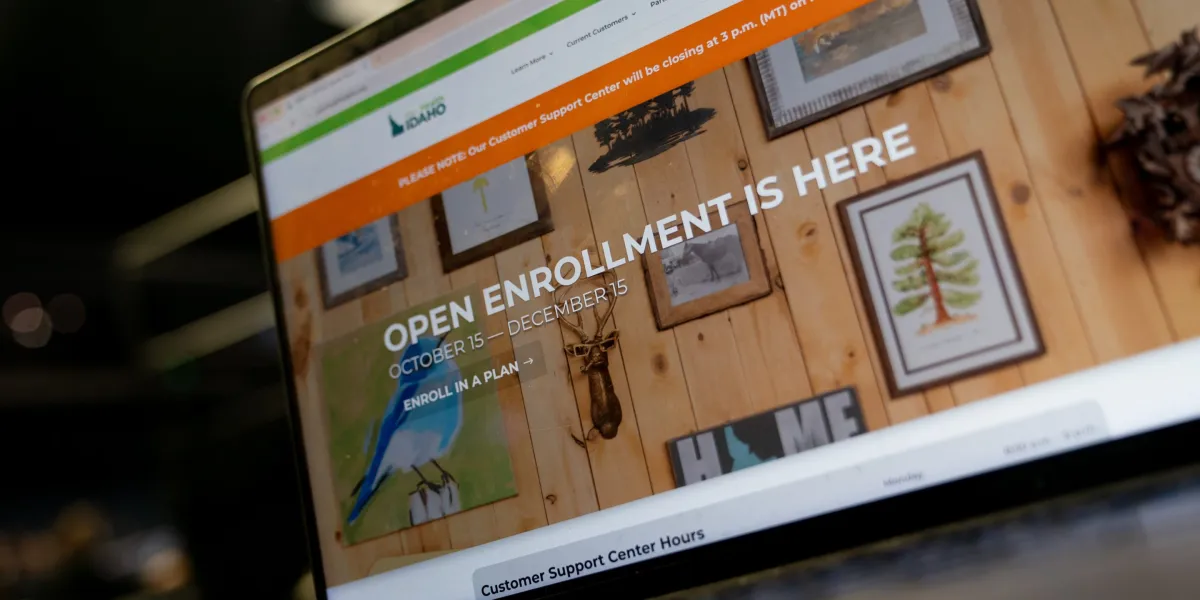
President Donald Trump will propose a two-year extension to enhanced subsidies under the Affordable Care Act to avoid a massive spike in premiums next year, sources told Politico.
The proposal would require a minimum premium payment and limit eligibility for the subsidies, which come in the form of tax credits, to enrollees with income up to 700% of the federal poverty line, the report said.
The administration is also seeking an option that would let enrollees to get part of their tax credit through a savings account, according to Politico. That’s after Trump had suggested earlier that consumers receive subsidies directly.
The White House didn’t immediately respond to a request for comment.
Meanwhile, shares of insurer Centene, which is a top participant in public health exchanges, jumped 8% on Monday, Molina Healthcare rallied 5%, and Oscar Health soared 24%.
Without an extension of the subsidies, consumers who buy policies on the ACA marketplace would see insurance premiums more than double on average. Millions of Americans have already gotten sticker shock as open enrollment for 2026 began earlier this month.
The subsidies were at the center of the longest government shutdown in history as Democrats pushed to renew the COVID-era aid, while Republicans and the White House insisted on letting them expire at year’s end. The shutdown ended without a renewal, with Democrats only getting a promise for a vote in the Senate.
But the GOP’s stunning losses in this month’s off-year elections highlighted affordability as a top voter concern. Since then, Trump has rolled back tariffs hitting groceries, floated a $2,000 tariff “dividend” payment, and backed an idea for a 50-year mortgage meant to lower monthly payments.
Trump’s Oval Office meeting on Friday with New York City Mayor-elect Zohran Mamdani, a democratic socialist, was also surprisingly friendly as the president emphasized their common ground on improving affordability rather than wide ideological differences.
A two-year extension for the subsidies would notably stretch beyond next year’s midterm elections, potentially giving Republicans some political cover amid fears of a Democratic wave.
Letting them expire, however, would risk significant voter backlash in GOP strongholds, as more than half of the 24 million enrollees receiving the subsidies live in a handful of Southern states.
A KFF analysis last month of ACA marketplace data found 57% of enrollees live in congressional districts represented by a Republican.
In fact, all congressional districts in Florida, Georgia, Mississippi, and South Carolina have at least 10% of their populations enrolled in ACA plans, according to KFF. That goes for nearly all districts in Texas and Utah.
“While a relatively small share of the national population gets their coverage through the ACA Marketplaces, in some districts, the number of ACA enrollees could be enough to swing a close election,” KFF said last month.















